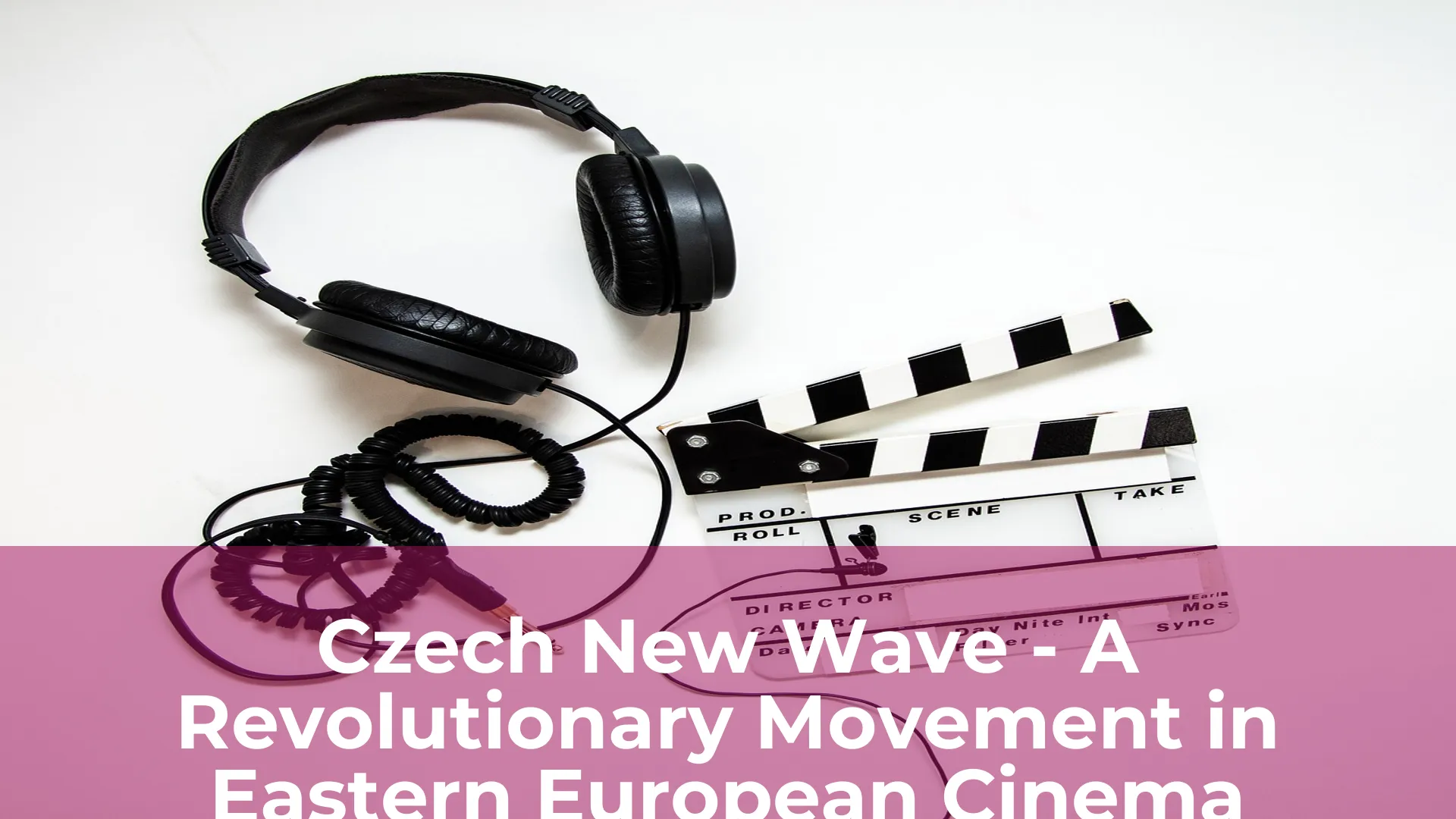The Czech New Wave was a revolutionary movement in Eastern European cinema that emerged in the 1960s. This movement brought a fresh breath of air to the film industry, breaking away from the traditional methods of filmmaking that had become stale and predictable. The Czech New Wave introduced a new style of filmmaking that challenged the existing norms and conventions of storytelling, cinematography, and sound design.
One of the most prominent features of the Czech New Wave was its use of black humor and satire to highlight the absurdity of the social and political situation in Czechoslovakia. The filmmakers used their art to criticize the oppressive Communist regime, which had been in power since 1948. They often used metaphors and allegories to express their thoughts and feelings without being censored by the authorities.
The movement produced many notable directors such as Milos Forman, Jiri Menzel, and Ivan Passer, who gained international recognition for their unique style and innovative approach to storytelling. They used unconventional techniques such as jump cuts, non-linear narratives, and improvisation to create films that were both challenging and entertaining. Their films were not only popular among the audiences but also influenced other filmmakers around the world.
Introduction to the Czech New Wave
The Czech New Wave was a cinematic movement that emerged in the Czechoslovak region in the 1960s. It was a time of cultural and artistic revolution, and the Czech New Wave was at the forefront of this movement. The films of the Czech New Wave were characterized by their unorthodox approaches to storytelling, bold visual style, and critical commentary on the political and social landscape of Czechoslovakia. In this article, we will delve into the history of the Czech New Wave, its key players, and the enduring impact it left on world cinema.
The Czech New Wave was not only a film movement, but it was also a reflection of the broader social and political changes happening in Czechoslovakia at the time. The films of the Czech New Wave challenged the status quo and were a direct critique of the Communist government’s policies and propaganda. They explored themes of individuality, freedom, and the power of the human spirit in the face of oppressive systems. The movement was short-lived but incredibly impactful, and its influence can still be felt in contemporary cinema and beyond. Join us as we explore this fascinating period in film history.
The Historical Context of the Movement
The current social and political movements have a deep historical context that cannot be ignored. The roots of these movements can be traced back to the civil rights and feminist movements of the 1960s and 1970s. The civil rights movement sought to end racial segregation and discrimination, while the feminist movement sought to end gender-based discrimination and inequality. Both of these movements paved the way for the current movements that focus on issues like racial justice, LGBTQ+ rights, and women’s rights.
However, it is important to note that these historical movements did not solve all the issues they set out to address. For example, while the civil rights movement made significant progress in ending legal segregation, systemic racism persists in many forms today. Similarly, while the feminist movement made progress in getting women the right to vote and access to certain jobs, gender-based discrimination and sexual harassment remain prevalent in many industries.
The current movements build on the work of their historical predecessors by addressing the ongoing issues and fighting for further progress. They also take into account the intersectionality of various forms of oppression, recognizing that issues of race, gender, sexuality, and class are all interconnected. By understanding the historical context of these movements, we can better appreciate the progress that has been made and the work that still needs to be done to create a more just and equitable society for all.

